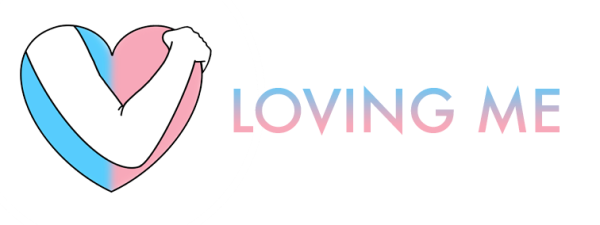Understanding LGBTQ+ domestic abuse

< Back to LGBTQ+ advice and support page
Being part of the LGBTQ+ community might mean you face different challenges than heterosexual people in relationships, for example the perpetrator might:
- Use your identity as a weapon: The abuser might make derogatory remarks about your sexuality, gender identity or expression, making you feel bad about who you are.
- Threaten to out you: Abusers might threaten to “out” you to your friends and family or online, telling them your sexuality or gender identity without your consent.
- Make you doubt your own identity: Coming to terms with your sexual or gender identity can be a difficult process and your abuser might attempt to invalidate your identity, or gaslight you into questioning it.
- Isolate you from your friends and family: Your abuser might amplify worries you have about being accepted by your friends and family. They may attempt to isolate you by saying things like “They won’t understand you like I do.” Or they might control/threaten to keep you from your LGBTQ+ support networks.
- Intentionally use the wrong pronouns or name: This can make you feel belittled and invalidated.
- Deny access to medical treatment: In some cases, an abusive partner might prevent you from getting the important medical care you need, making it tougher for you to take care of your physical and emotional well-being, and harder to feel comfortable in your own body.
- Forced marriage: Forced marriage means being pushed into a marriage you don’t want because of who you are attracted to or how you identify. This pressure often comes from family or cultural norms and involves trying to control or change who you are without your consent. More information on this can be found here.
- ‘Corrective rape’: Corrective rape is a horrendous act where someone is sexually assaulted or raped because of their sexual orientation or gender identity. It’s based on the wrong belief that this violence can change a person’s sexual orientation or make them conform to traditional gender roles.
- Controlling how your present your identity: Like forced marriage and corrective rape, this form of control is frequently perpetrated by family members, although intimate partners can also be involved. Perpetrators might control how you wear your hair, cut up or dispose of your clothing, make-up and possessions in your true gender. Additionally, they may dictate who you are allowed to disclose or display your gender identity to.
- Familial Abuse: LGBTQ+ young adults, especially those who identify as trans or non-binary, often have a tough time finding stable jobs and housing. This can mean they end up staying at home with their families for longer. Sometimes, to escape from abusive family situations, young people might rush into unhealthy relationships for a way out. This also might mean that these young people won’t be able to lean on their families for support.
< Back to LGBTQ+ advice and support page


Obstacles to Getting Help
As LGBTQ+ people, seeking support when you’re going through tough times can be really hard. There are several hurdles that can make it tricky to find the help you need.



Content made in collaboration with
Loving Me.
